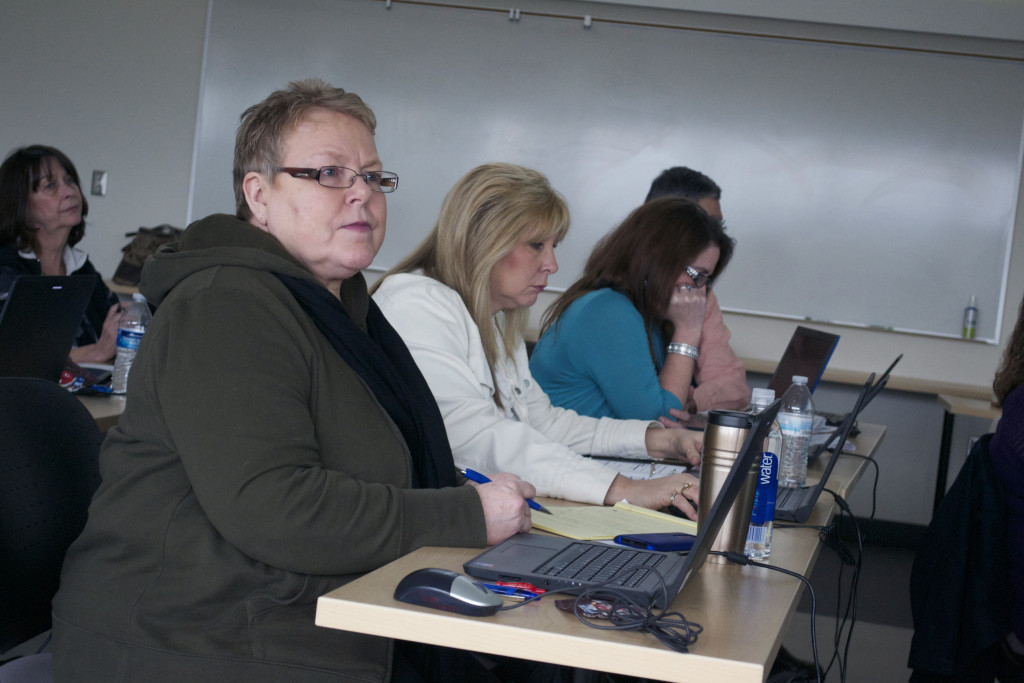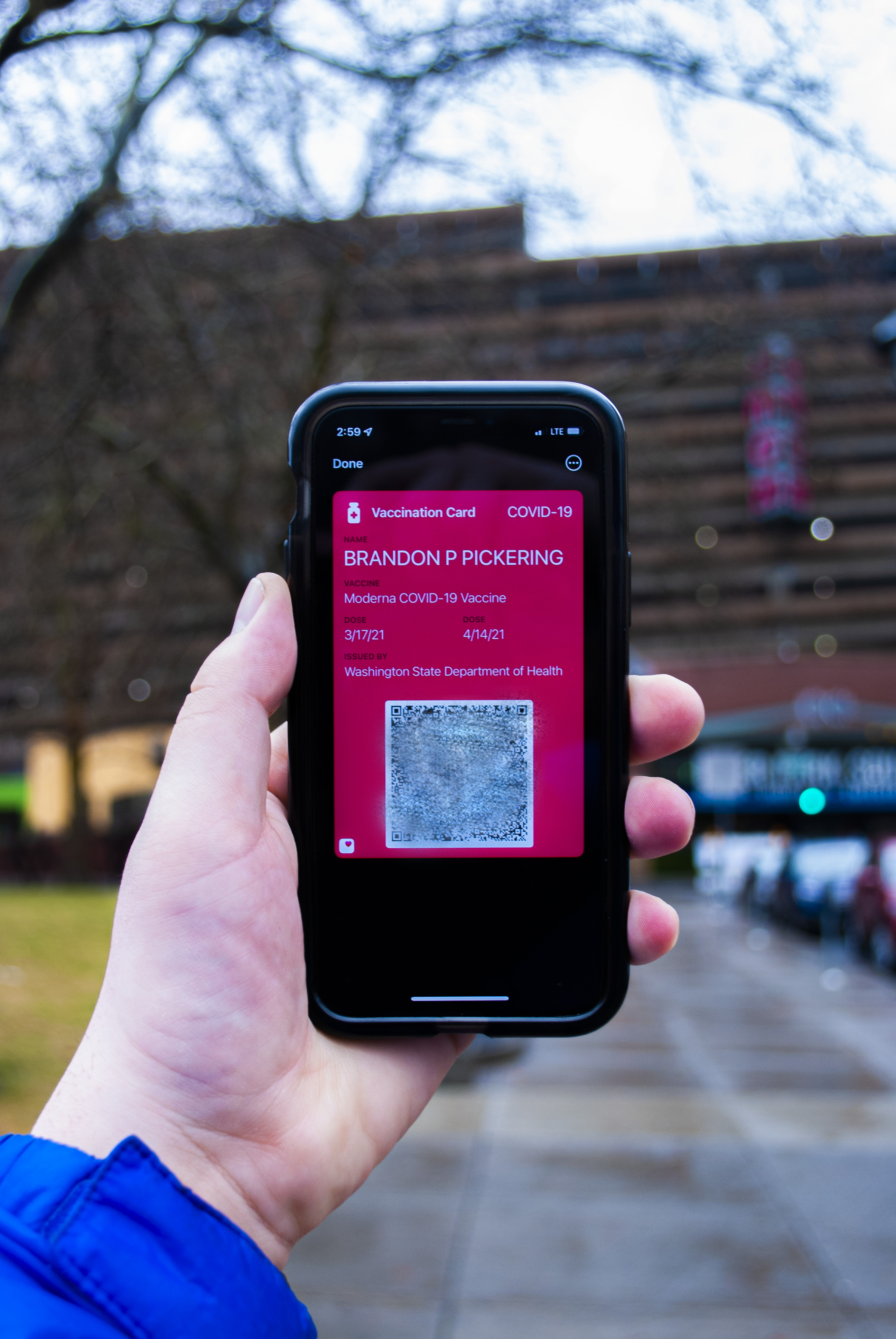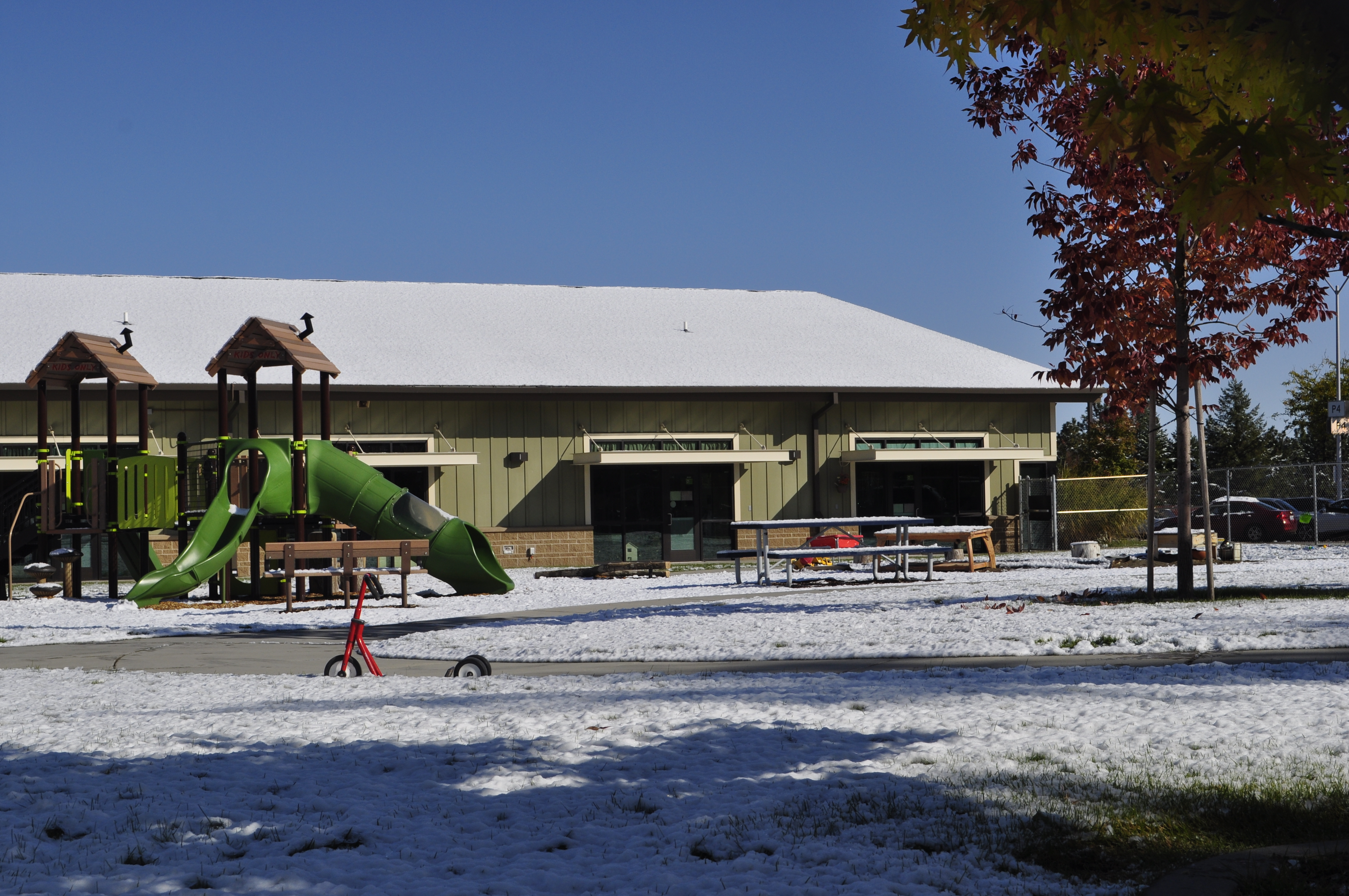By Thania Clark
Imagine a single, centralized system of online functions to give students, faculty, and staff access to a modern, efficient way to do their college business.
Many students and faculty have been asking what the ctcLink project is and why it has been pushed back multiple times.
“We’ve been working with a dinosaur for so many years,” said James E. Minkler, the Vice President of Learning and Chief Academic Officer of SFCC. “This will finally bring us into this millennium at least.”
The ctcLink project is the largest higher education technology/software replacement project in the nation.
This massive project will reach across the entire state of Washington to all 34 community and technical colleges, and provide new online tools to nearly 400,000 students and more than 21,000 employees.
As the current 30-year-old administrative system is replaced, colleges will also align their core business processes with the delivered software solution, making for streamlined, standardized practices across the 34-college system.
TacomaCommunityCollegeandCommunityCollegesofSpokanewillbethefirsttwocollegesystemstobeginusingthenewctcLinksoftware.
“They’retryingtostartsmall,”saidMinkler.“Ofthose34schools,they’reonlystartingwith3colleges.We’resortofliketheguineapigs.”
“I’ve seen what it can do for the students,” said Kari Collen, the Executive Assistant to the VP of Learning, who is also one of the Subject Matter Experts participating in the development of the new ctcLink system. “And I’m very excited for it to be up and running.”
Forstudents,ctcLinkoffersastreamlinedsystem,combiningadmissions,registration,degreeaudit,advising,tuitionpayment,financialaid.Futurestudentswillhaveoneadmissionapplicationprocess,regardlessofwhereorwhentheydecidetoattend.Studentswillalsobeabletomonitortheir‘timetodegree,’andadvisorscanaudittheprocess.
Both students and faculty will be given a single electronic record with one ID number.
ThoughthectcLinkhasbeendelayedthreetimesalready,itwasagreeduponthatindoingsowasinthecollege’sbestinterest.
“EveryonewantsthectcLinksoftwaretobeupandoperational,butthisisanincrediblycomplicatedsoftwareandrecordsconversionprocess,”saidCarolynCasey,theCommunityCollegesofSpokanePublicInformationOfficer.
According to Minkler, the entire development team and both college systems are committed to delaying the go-live date until they know the system has been fully tested and proven to work and that the delay will result in more opportunities to test and receive training on an operational system.
“How we do it will impact how the other 31 schools will need to do it,” Minkler said. “So we can’t just duct tape and hay wire this system.”
AccordingtoDarrenPitcher,VPforStudentServicesatSFCC,oncethenewsystemisreadytolaunchthey’llutilizethetutoringcenterinBuilding30asanongoingworkshop/resourcewherestudentscangotolearnhowtousethesystem.
He also wants to have other stations around campus where students can get help on learning how to use and navigate the system. Those details will be worked out as they get closer to the go-live date.



